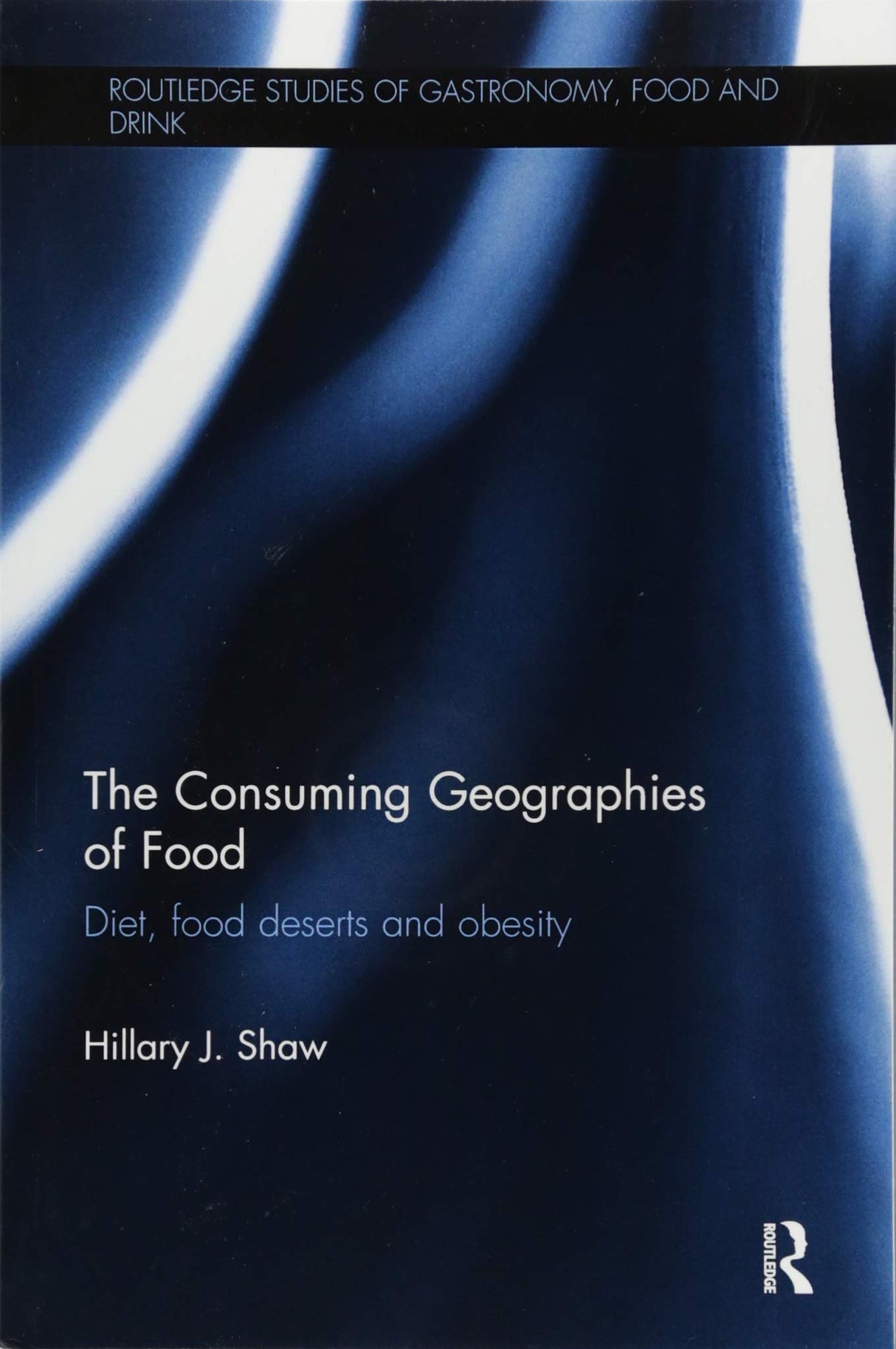The Consuming Geographies of Food: Diet, Food Deserts and Obesity (Routledge Studies of Gastronomy, Food and Drink)
The Consuming Geographies of Food: Diet, Food Deserts and Obesity (Routledge Studies of Gastronomy, Food and Drink) is backordered and will ship as soon as it is back in stock.
Couldn't load pickup availability
Genuine Products Guarantee
Genuine Products Guarantee
We guarantee 100% genuine products, and if proven otherwise, we will compensate you with 10 times the product's cost.
Delivery and Shipping
Delivery and Shipping
Products are generally ready for dispatch within 1 day and typically reach you in 3 to 5 days.
Book Details:
-
Author: Hillary J. Shaw
-
Brand: Routledge
-
Edition: 1
-
Binding: Paperback
-
Number of Pages: 194
-
Release Date: 25-05-2017
-
ISBN: 9781138082304
-
Languages: English
About The Book:
The consumption, distribution, and production of food have emerged as significant public policy concerns in recent decades. Food is no longer viewed solely as a private matter but carries significant societal implications. This growing importance raises questions about where to draw the line between food as a personal choice and food as a public issue. What rights does society have to influence individual food consumption, and what conflicts arise when this boundary is contested?
The Consuming Geographies of Food delves into these complex questions, exploring food consumption patterns from the perspective of the consumer. The book investigates the factors that drive consumers towards particular consumption typologies and retail formats. It offers an insightful review of key issues such as obesity, food deserts, and the exclusion of certain populations from access to healthy diets.
Shaw discusses the dynamic relationship between food and people, examining the impacts of food on health and society. The book also considers potential futures for food consumption, ranging from low-tech solutions to high-tech scenarios. Drawing on original research into food access, ethics, and consumption in both developed and developing nations, this book is an essential read for students and researchers in geography, economics, health, marketing, nutrition, and sociology.







